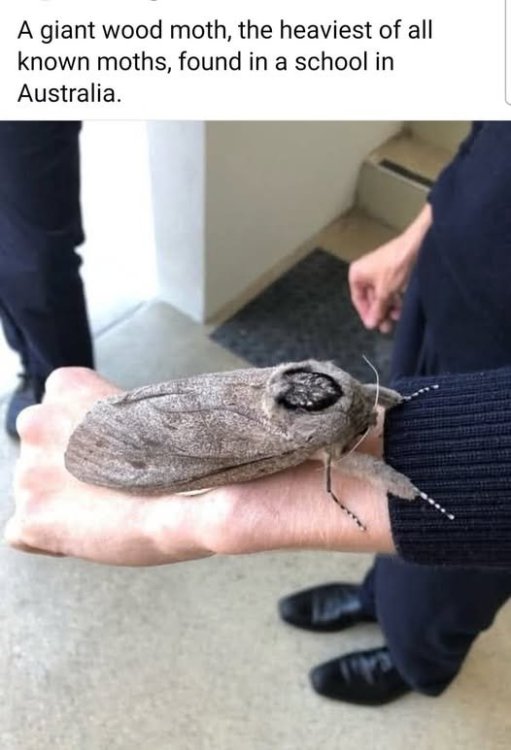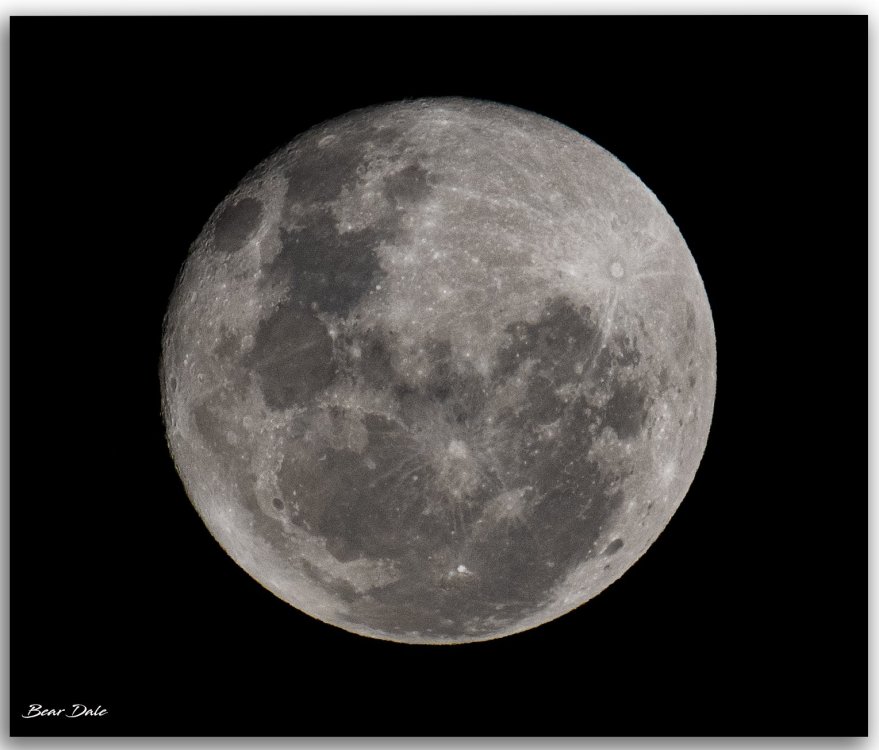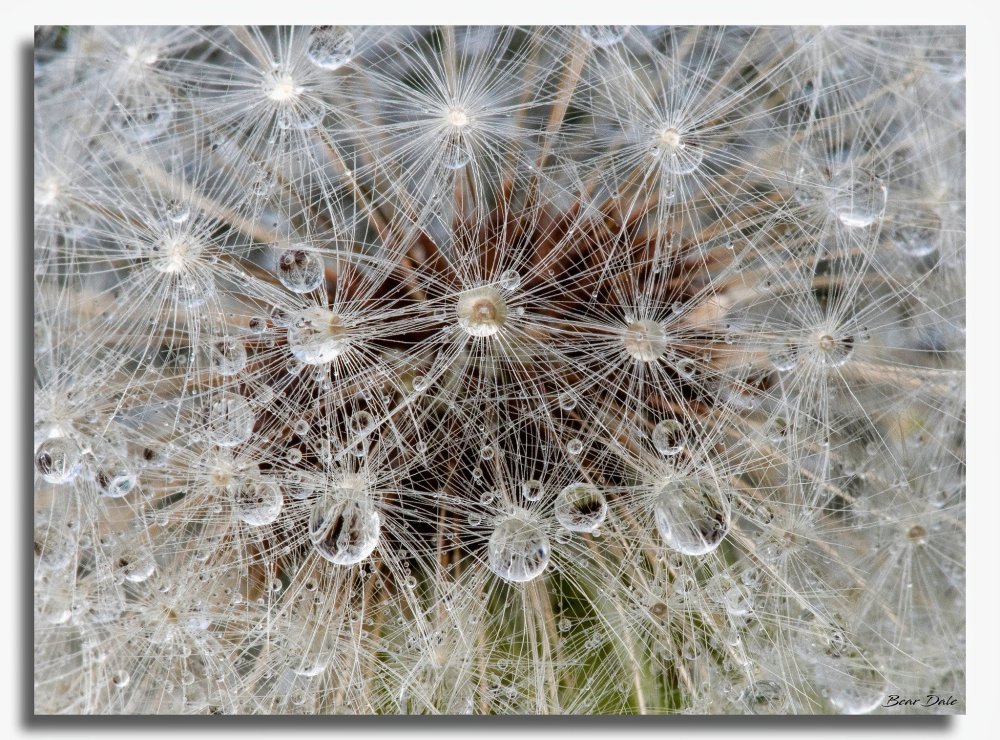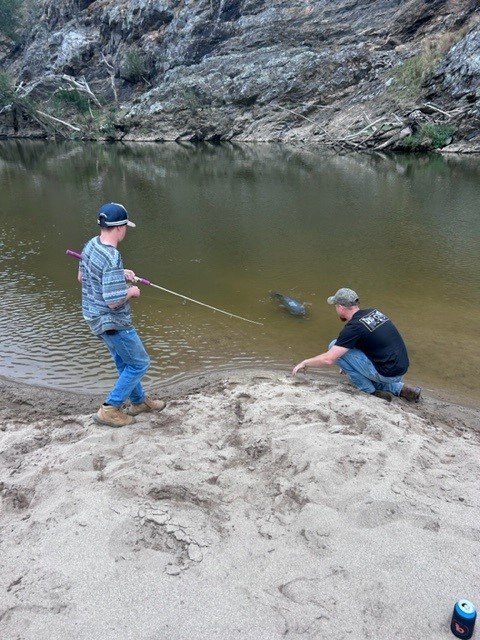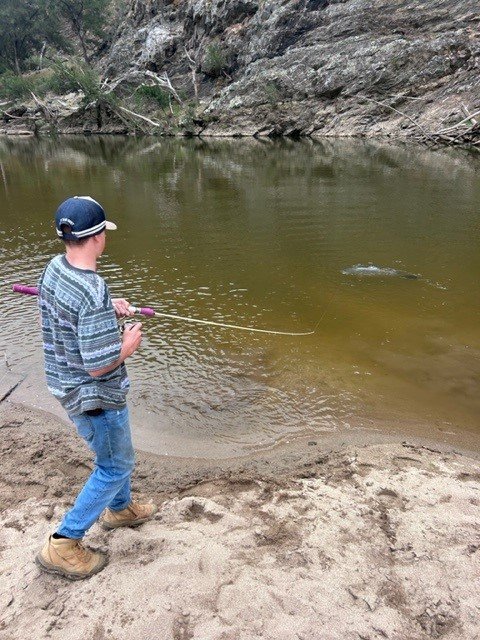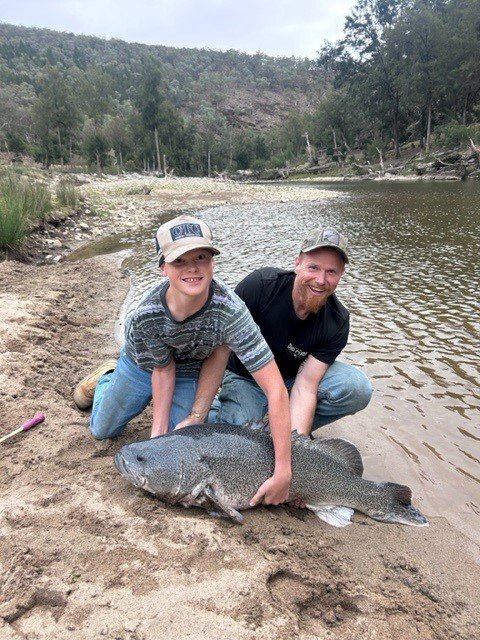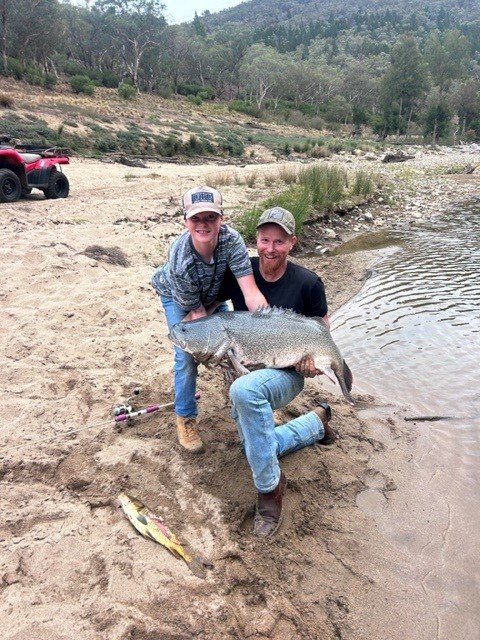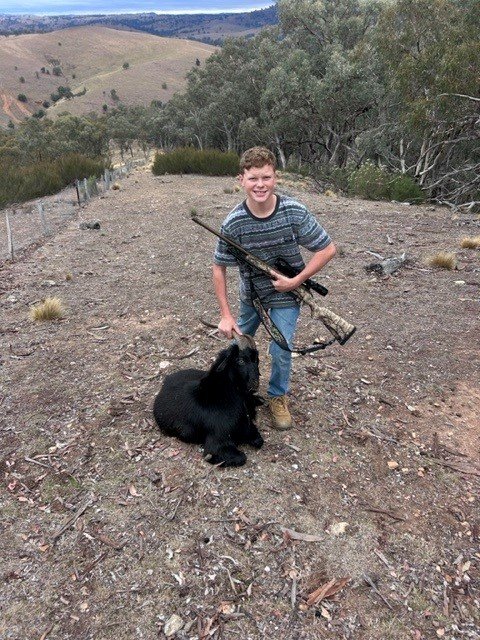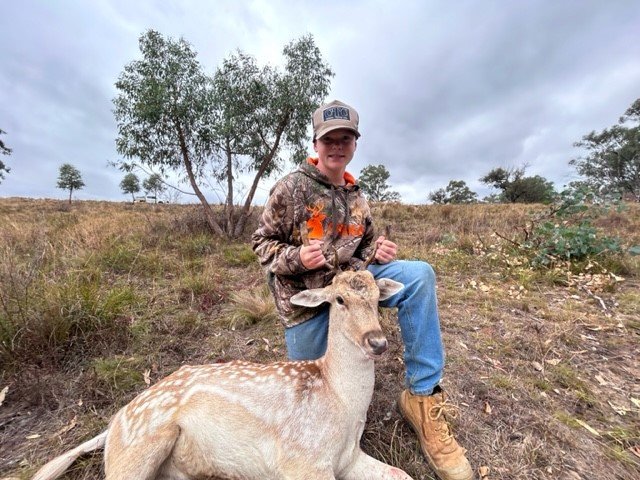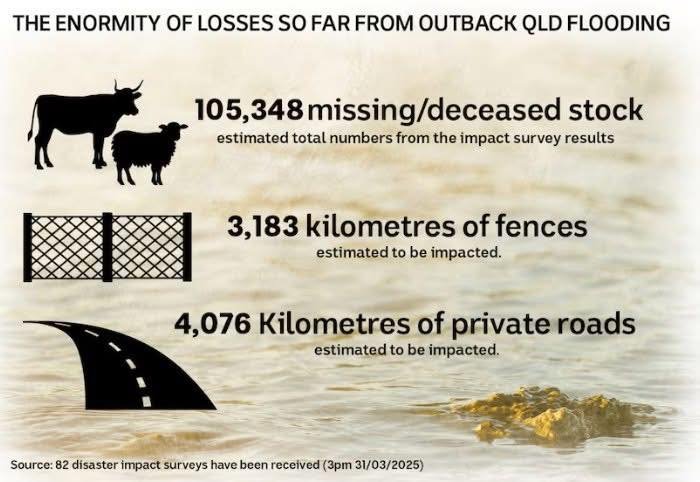-
Posts
10,999 -
Joined
-
Last visited
-
Days Won
87
Content Type
Profiles
Forums
Events
Everything posted by Buckshot Bear
-

Hero rat sets Guinness World Record for detecting landmines
Buckshot Bear replied to Chantry's topic in SASS Wire Saloon
I HATE rats....but that little clip on harness is pretty cute -
I'm really glad that your dream was about an Aussie Sheep Ranch.....now if it has been about a New Zealand Sheep Ranch.....that would be a worry!!!!!
-
-
-
-
Yep its a HOT COUNTRY....and blokes wore this to the office - Thankfully Air Conditioning took off!!!
-
Really enjoyed Series 2 of 1923....BUT........ its been a hard ride!
-
I used to use nail polish on .303 rounds in my powerhead to waterproof them.
-
-
It might just be the secret ingredient
-
1963 Drumstick ice cream introduced Peters Drumstick was launched in Australia in 1963. It wasn’t invented here though. Like its predecessor the Eskimo Pie, the ice cream was invented in the United States. Drumsticks are now sold in the USA, Canada, Malaysia, Hong Kong and elsewhere across the world. The Drumstick name is owned by Froneri and the product is sold under the Nestlé brand in the US. There have been many variations on the original format of vanilla ice cream in a choc-lined waffle cone, with a chocolate and nut topping. According to Nestlé, the ice cream was invented in 1928. Their American website says: At the 1904 World’s Fair, an ice cream maker ran out of bowls. He asked a nearby waffle vendor to roll waffles into cones, turning them into a finger food. In 1928 the Parker brothers took this great invention even further by adding chocolate coating topped with nuts. One of the brothers’ wives said it looked like a fried chicken leg, thus the “Drumstick” was born!” Today Nestle® Drumstick® is America’s #1 sundae cone. Yes, it took 35 years for the Drumstick to reach Australia but, with Aussie ingenuity, we managed to make it better. One of the favourite things about the ice cream is the blob of chocolate at the bottom of the cone. It seems this was invented in the Peters factory in Queensland as a way to solve the problem of leaky ice cream cones. In 2020, Peters doubled down on the idea by introducing a range of “Mega Tip” varieties, with twice as much chocolate. The ownership of the brand caused some problems in Western Australia, where, for five years in the early 2000s, you couldn’t buy a Drumstick. Instead, you had to ask for a Trumpet. (The Trumpet had previously been seen on the east coast as the Toppa Trumpet – another Drumstick look-alike.) When Nestlé bought the Western Australian Peters Ice Cream operation in 2009, the Drumstick returned. The Streets Ice Cream competitor to Drumstick has a much shorter history. The Cornetto has an Italian-sounding name for a reason – the cones were first produced in 1976 by Spica, an ice cream company based in Naples. Unilever, which owns Streets, bought Spica and began to market the product under their various brands in Europe and around the world
-
‘THE VICTORIA DOCK’ - 1933 State Library of VIC. Steam Train R 317 pulls a rake of coal on Victoria Dock. The ship shown is the 11.215 GRT KPMs "Neiuw Zealand"" a Dutch troop ship which was sunk by a torpedo on Nov. 11 1942. The tug shown is the "Taronga"
-

The Photo thread of Photos that YOU took
Buckshot Bear replied to Buckshot Bear's topic in SASS Wire Saloon
-

The Photo thread of Photos that YOU took
Buckshot Bear replied to Buckshot Bear's topic in SASS Wire Saloon
-

The Photo thread of Photos that YOU took
Buckshot Bear replied to Buckshot Bear's topic in SASS Wire Saloon
-

The Photo thread of Photos that YOU took
Buckshot Bear replied to Buckshot Bear's topic in SASS Wire Saloon
-

The Photo thread of Photos that YOU took
Buckshot Bear replied to Buckshot Bear's topic in SASS Wire Saloon
Thankfully its Autumn (sorta but still warm) ....its been a LONG HOT SUMMER!!!!!!!!!!!!!!!!!!!! -
-
Terrific weekend away at a friend property. Got sick of shooting feral goats. My grandson got a nice fallow deer and a MASSIVE Murray Cod (that was released totally unharmed).
- 4 replies
-
- 12
-

-

-

The Photo thread of Photos that YOU took
Buckshot Bear replied to Buckshot Bear's topic in SASS Wire Saloon
-

The Photo thread of Photos that YOU took
Buckshot Bear replied to Buckshot Bear's topic in SASS Wire Saloon
-

The Photo thread of Photos that YOU took
Buckshot Bear replied to Buckshot Bear's topic in SASS Wire Saloon
-

The Photo thread of Photos that YOU took
Buckshot Bear replied to Buckshot Bear's topic in SASS Wire Saloon
Very nice.... My first camera was an AE-1 Program over 40 years ago. -
-



